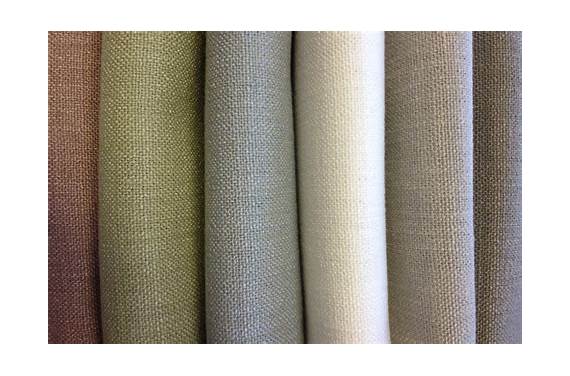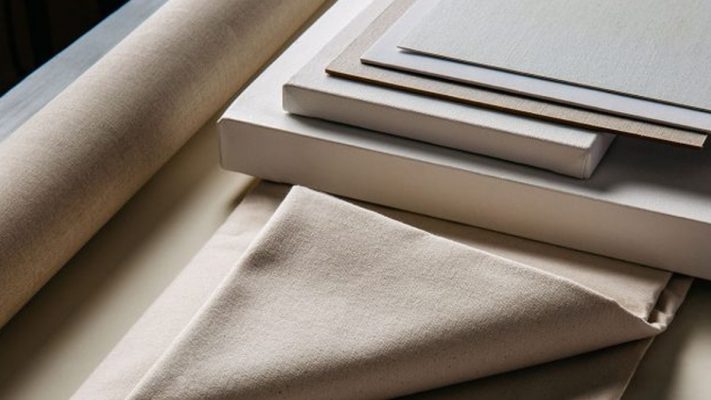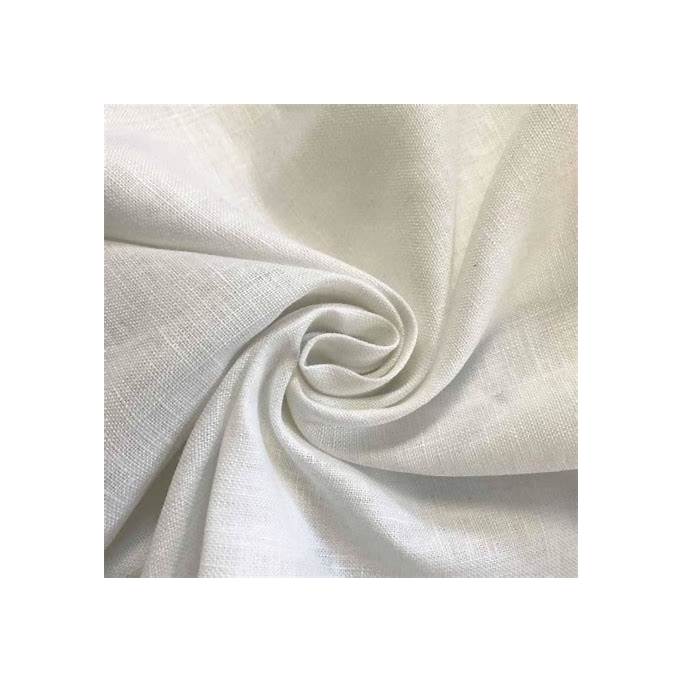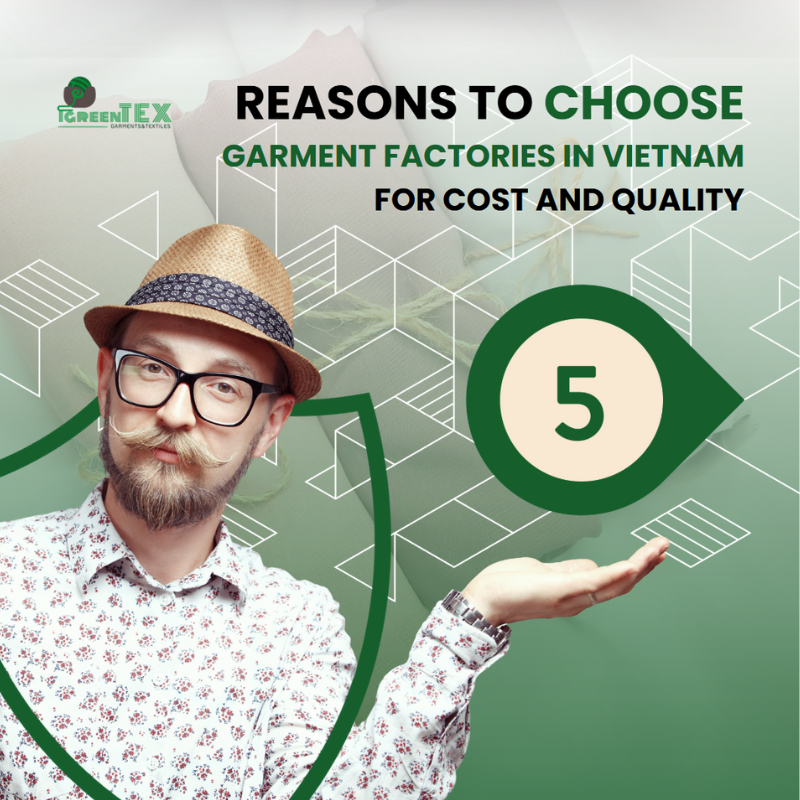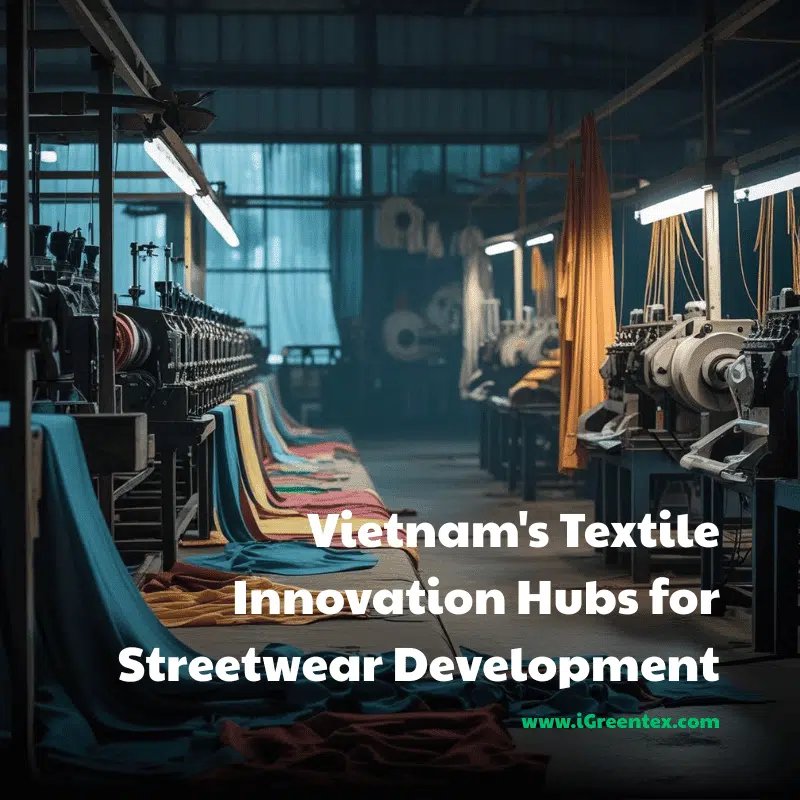Canvas fabric is a strong, tightly woven material with a rich history and a wide range of applications. Let’s explore its benefits and uses.
Material Composition
Canvas fabrics are typically made from cotton, although they can also be crafted from other fibers such as hemp, linen, or synthetic materials.
At House of U, you can find canvas fabrics made from organic cotton or recycled cotton.
Types of Canvas Fabric
- Cotton Canvas: The most common type, available in regular cotton, organic cotton, or recycled cotton. Varies in thickness and weave tightness.
- Polyester Canvas: A synthetic alternative with similar properties.
Both types are suitable for printing and come in ecological or recycled variants.
Properties of Canvas Fabric
- Durability:Canvas is robust and long-lasting, making it ideal for various applications.
- Easy Care: Canvas is wrinkle-resistant and easy to clean.
- Breathable and Absorbent: Depending on the weave, canvas can be breathable and moisture-absorbent.
- Water Resistance: Tightly woven canvas is water-resistant due to fiber expansion when wet.
- Sustainability:Canvas is generally sustainable, especially when made from organic or recycled materials.
Uses of Canvas Fabric
- Fashion and Accessories:Canvas bags, shoes, and other durable fashion items.
- Home Decor and Upholstery:Canvas covers for furniture due to durability and ease of cleaning.
- Artistic Support:Canvas serves as a traditional support for oil painting.
- Outdoor Gear:Tents, backpacks, and sails benefit from canvas’s strength and resilience.
The benefits of organic canvas fabric
Organic canvas fabric offers several benefits, making it a sustainable and eco-friendly choice. Let’s explore these advantages:
Renewable and biodegradable:
- Organic canvas is made from natural fibers such as organic cotton, linen, or hemp.
- These materials are renewable, require less energy to produce, and are fully biodegradable.
- By opting for natural fibers, you contribute to a more sustainable future, reducing your carbon footprint one stitch at a time.
Reduced environmental impact:
- Choosing environmentally friendly alternatives like organic cotton or hemp can reduce the environmental impact of canvas production.
- These materials are grown without harmful chemicals, pesticides, or synthetic fertilizers, making them more sustainable choices.
Water conservation:
- The production of organic canvas requires less water compared to the production of synthetic fabrics.
- By using organic cotton or other natural fibers, you contribute to water conservation efforts.
Healthier for farmers and workers
- Organic farming practices avoid the use of toxic chemicals, benefiting both farmers and workers.
- Reduced exposure to harmful pesticides and chemicals promotes better health and well-being.
In summary, organic canvas fabric combines durability, comfort, and environmental consciousness, making it an excellent choice for conscious consumers and sustainable sewing projects.
IGREEN TEX VIETNAM CO LTD
Address: No. 83 , A4 Street, Ward 12, Tan Binh Dist, HCMC
Tax code: 0315844409
Email: info@igreentex.com
WhatsApp/Viber/Zalo: +84938.045.900
